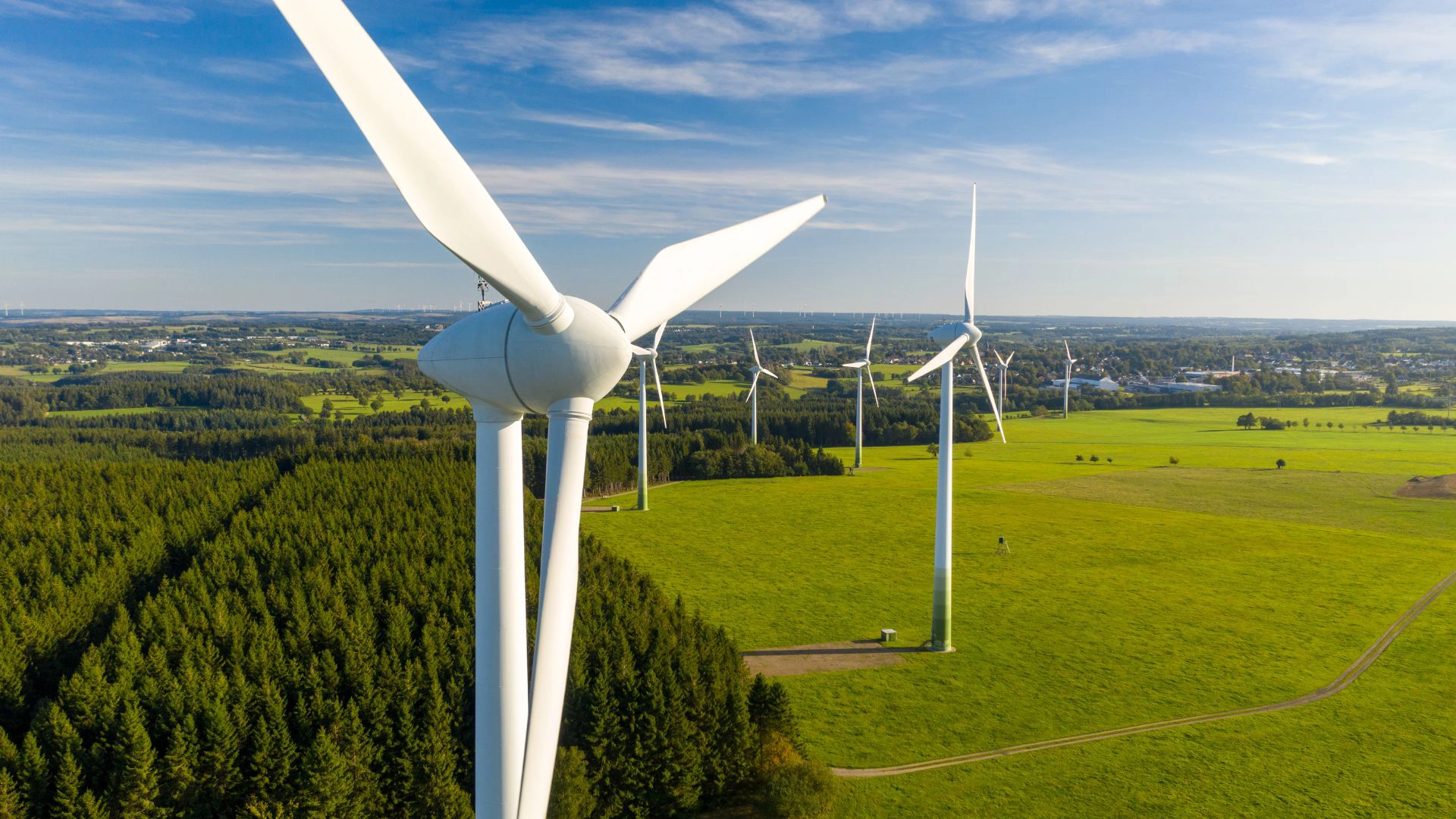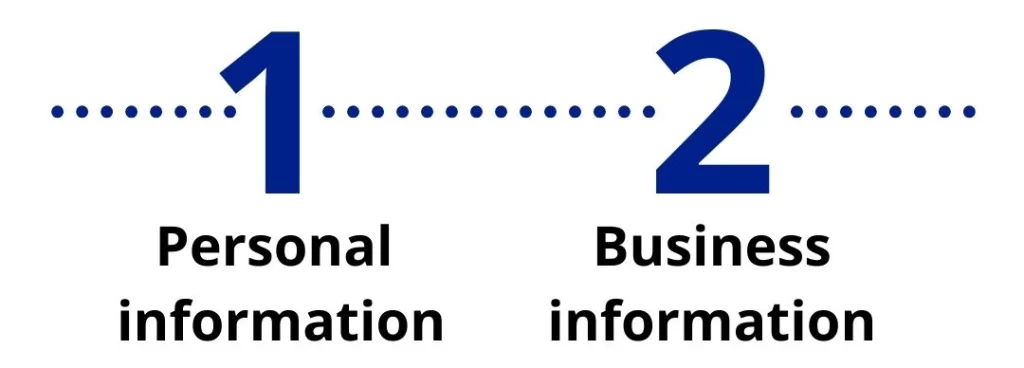What is renewable energy?
Renewable energy is any form of energy available from the natural environment and can be replenished repeatedly. An example of this would be hydroelectric or solar energy, these are both freely available in nature and cannot run out by being consumed.
On the flip side, there is non-renewable energy such as fossil fuels. As we use more fossil fuels like oil and coal, we slowly use existing reservoirs which do not replenish in a reasonable timeframe or at all.
Currently, renewable energy supplies less than 16% of the total energy used globally. This percentage is increasing as technology advances, especially in advanced countries.
Renewable energy sources
Currently there are 7 different types of renewable energies available, depending on the location and season. An example of this is some places have very strong winds (good for wind energy), but are cloudy with little sunlight (not good for solar energy).
Here are the 7 different renewable energy sources:
Solar
Solar is the most easily accessible and can be installed in most places e.g. your home or on the roof of a parking garage or office building. All you need are solar panels or solar water heaters to use solar energy.
Wind
This energy is collected by building large turbines in windy areas that utilize gale-force winds. This is often used in rural and remote areas in order to have access to green energy.
Hydroelectric
Hydroelectric energy uses flowing water to produce electricity by turning blades of a turbine. There are 3 different types of hydroelectric facilities in use today:
1. The first and most common is impoundment facilities (dams). Dams work by controlling the flow of water stored in a pool or reservoir. When more energy is needed, the dam releases water and the turbines spin, creating electricity.
2. The second type is unique because it doesn’t use a dam. This is called a diversion facility and it works by utilizing a series of canals to channel flowing rivers to the generator.
3. The third and last type is a pumped-storage facility. This type of plane collects energy produced by solar, wind and nuclear power and stores it for later use. It stores the energy by pumping water uphill from a pool at a lower elevation into a reservoir higher up. During times of high electricity demand the water located above is released and as it flows back down the turbine spins generating electricity.
Geothermal
Geothermal energy utilizes the heat within Earth to generate power.
Biomass
Biomass creates energy by heat created from burning organic waste. It is regarded as a renewable energy source because we can always regenerate the materials, mostly plants.
Tidal Wave
Tidal energy is hydroelectric power derived from ocean tides. This is sometimes categorized with hydroelectric, and not separate.
Hydrogen
Hydrogen fuel cells produce electricity by combining hydrogen and oxygen atoms. The hydrogen reacts with oxygen across an electrochemical cell similar to that of a battery to produce electricity, water, and small amounts of heat.
Many different types of fuel cells are available for a wide range of applications. Small fuel cells can power laptop computers and even cell phones, and also have military applications. Large fuel cells can supply electricity to electric power grids, supply backup or emergency power in buildings, and supply electricity in places that are not connected to electric power grids.
What are the Disadvantages of renewable energy?
Renewable energy isn’t very efficient
Every type of energy requires specific technology to create electricity. Thus, efficiency of the energy conversion devices is incredibly important when prioritizing energy sources. Currently, efficiency of renewable energy technologies is significantly lower than traditional methods.
For example, the available solar panels, as of writing this article, are between 15% and 22% efficient, and on the other hand, traditional technologies such as coal and natural gas can reach up to 40% and 60% efficiency, respectively.
Renewable energy isn’t available 24/7
Renewable energies are highly dependent on favorable weather conditions. Therefore, when bad weather occurs electricity generation is negatively affected.
Some examples of this would be flooding causing damages at hydropower plants, lack of wind to power turbines, storms/clouds blocking sunlight, or hurricanes and other severe weather damaging infrastructure.
Renewable energy is very expensive initially
The initial cost compared to how much energy is produced is very high, and in some cases is not affordable. This is why governments are setting aside large budgets and offering tax breaks to help these technologies grow.
Renewable energy still creates pollution
While the actual process of creating electricity produces far less pollution than traditional methods, the creation of the actual devices does. The processes required to produce the materials needed, such as lithium for batteries or the metals needed to build wind farms also produce pollution.
Here are just some examples of how renewable energies negatively impact our environment:
Wind turbines cannot be recycled and end up in landfills by the thousands.
Mining for lithium cases water loss, ground destabilization, contaminated soil, toxic waste, etc.
Solar cells degrade over time and need to be replaced and their disposal creates pollution.
Biomass burns organic matter directly into the atmosphere.
Renewable Energy requires a lot of space
Currently a major problem is the amount of space required to produce a significant amount of energy. As time goes on and technologies advance, this will change, but currently renewable energy takes up much more land than traditional sources.
What are the benefits of renewable energy?
This article isn’t meant to bash renewable energy and make it seem like it isn’ a good option, it is simply to provide the truth of where the technology stands today and the challenges it faces.
Here are the top benefits of renewable energy sources:
Renewable energy will not run out
Renewable energies are sustainable, meaning they will not run out any time soon, or at all. For example, the sun is expected to shine for billions of years to come.
Renewable energy isn’t affected by global events like fossil fuels are
Fossil fuels are subject to disputes, wars, trade laws, etc. and renewable energies are not.
Renewable energy is cleaner
Renewable energy sources are cleaner than their fossil fuel counterparts, and therefore, can help improve air quality. Although renewables do still create emissions, overall, it is less than their fossil fuel counterparts.
Renewable technology helps underprivileged regions
As renewable technologies progress, more and more become available for countries that do not have access to electricity. This not only provides safe and clean power to remote or underprivileged areas, it also creates stable jobs as well.
This is a great way to reduce poverty and empower people all over the globe.
Renewable technologies generally require less maintenance
If you compare renewable technologies to traditional fossil fuel technologies, you will see less moving or combusting parts. Thus, making it easier and cheaper to maintain renewable technologies.
Waste can be turned into renewable power
There are some types of waste that cannot be avoided and cause landfills. Many types of waste piled up in landfills can be used as fuel in biomass boilers. This not only produces electricity, it also reduces the size of landfills and helps keep our planet cleaner.


